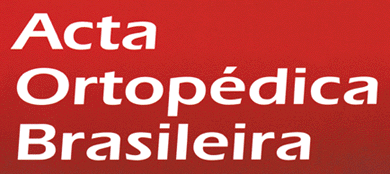ABSTRACT
Objective:
To determine the relationship between the functional outcome achieved following Oberlin transfer, the cognitive level of the patient, and the time elapsed between the trauma event and surgery.
Methods:
Eighteen patients with a traumatic injury to the brachial plexus (C5-C6 and C5-C7) were evaluated. Seventeen (94.4%) patients were males and one (5.6%) was female, with a mean age of 29.5 years (range 17-46 years). We evaluated the active range of motion, elbow flexion strength, and Disabilities of the Arm, Shoulder and Hand (DASH) and determined the correlation between the procedural outcome and the patient's cognitive level, as assessed by the Mini-Mental State Exam (MMSE).
Results:
We found statistically significant correlations between the MMSE scale and strength recovery (84.4%, p<0.001), which was classified as excellent, and between the MMSE and British Medical Research Council (BMRC) scales (78.4%, p>0.001), which classified cognitive level as good.
Conclusions:
We found a positive correlation between cognitive capacity and functional outcome of patients submitted to Oberlin surgery. The time elapsed between trauma and the surgical procedure showed an inversely proportional correlation with the strength of recovery. Level of Evidence II, Retrospective Study.
Keywords:
Brachial Plexus; Nerve Transfer; Cognition; Ulnar nerve; Musculocutaneous nerve
